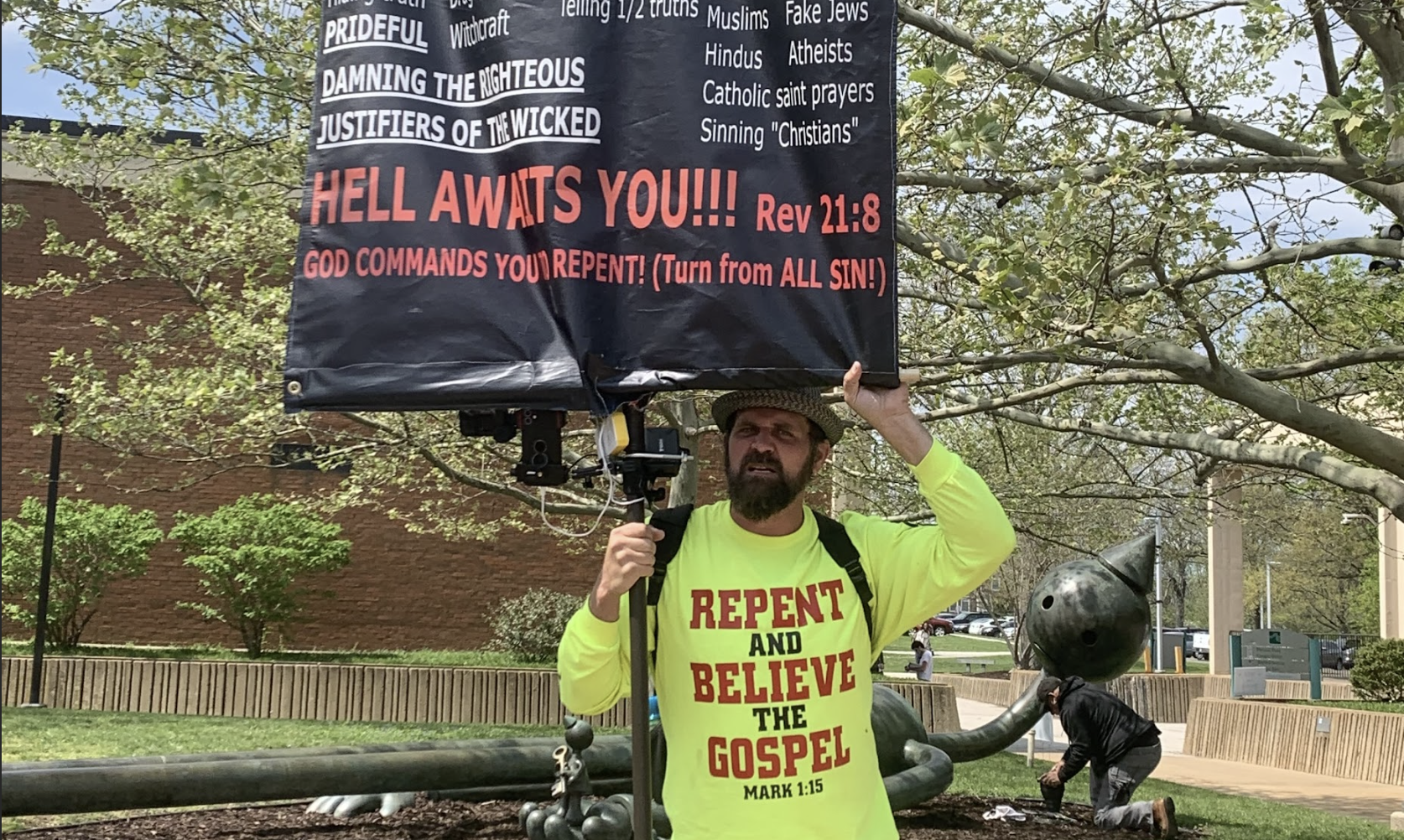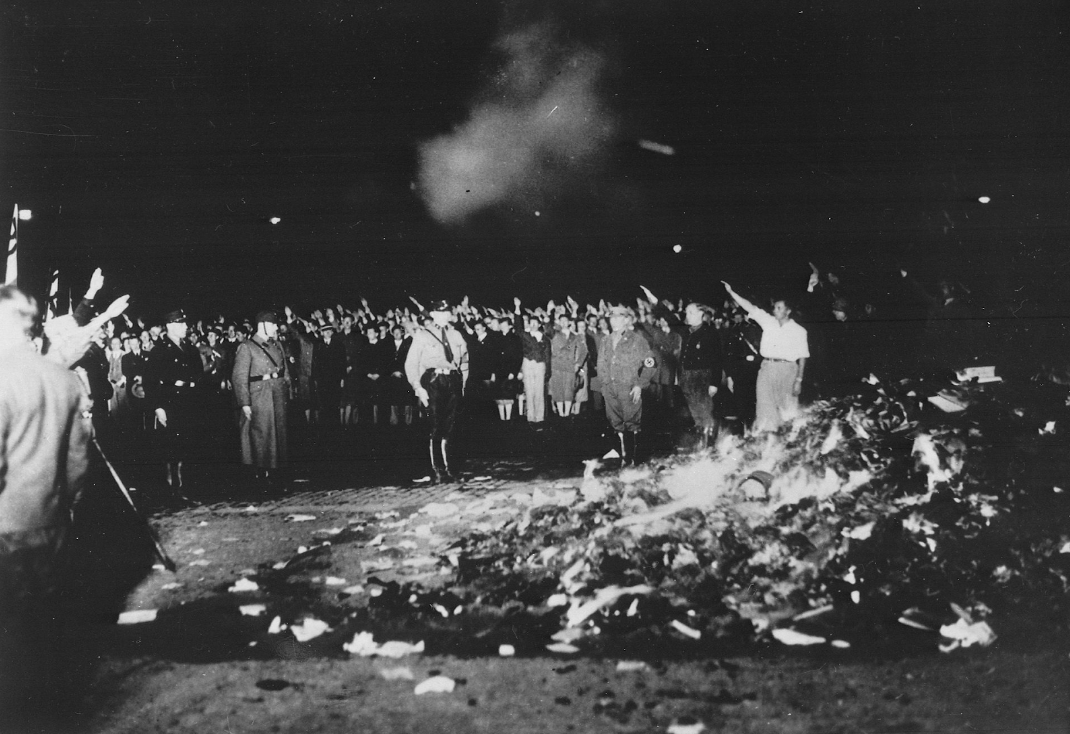Corporations are controlling what you see, hear and experience online.
By: Remy Xa, Staff Writer
Not everything a student studies in a history textbook is a lie, but what students in the United States learn in schools is colored by their country’s political interests. For American students, high school history education is ltered through a white, Eurocentric lens, with studies about civilizations in Africa, South America, and Asia being relegated to secondary electives. Due to this curriculum deficiency, the role of shaping Americans’ perceptions of countries beyond Europe and North America falls to what these citizens consume in the media.

This omission of education is not a flaw in the system. Using these gaps of knowledge, the hand of the media is free to use its silver screens to shade in the bubbles of reality according to the state’s needs.
As a result of outlets like Fox News and CNN, seeing sensationalistic stories that exist only to generate likes and shares has become commonplace in media. The American psyche has associated people with brown skin with violence and terrorism. Differing ideologies like socialism have become linked to poverty and subjugation in contrast to America’s own wealth and freedom.
Filtering fiction from reality can seem an impossible task when living in today’s unrelenting political environment. Unseen wars of information are constantly fought between media conglomerates trying to decide what the public believes. With fake news running rampant and so many forces vying to control Americans’ perceptions, how does a student remain conscious of when outside forces are trying to reshape their thinking?
As soon as a user logs onto social media, they are bombarded with signals and messages. Our conscious minds may mentally filter out sponsored posts and advertisements on sites like Facebook and Instagram, but repeated exposure to brands and ideas allows them to take root in our minds.
Social media has been instrumental in connecting people together in the 21st century, but it is not free. As it costs no money to sign up, the price of having constant contact with celebrities and direct messaging with friends is cleverly hidden. The truth is much more sinister.
Whenever a user downloads a free phone app, that user becomes a product. As information is volunteered on Facebook or Instagram, each user’s hidden marketing pro le grows to include their demographic information, interests, and susceptibility to advertising. This profile can even include audio recordings taken without the user’s knowledge, which is processed to filter out important keywords.
These personal dossiers are bid on and sold to advertisers who pay to expose their marketing to the most relevant and vulnerable audiences. This is why advertisements can sometimes seem extremely tailored, or perhaps too coincidental. You’re not imagining things— private conversations are being listened to and used to sell you things. The lives of American citizens have become commodities for corporations.
Telling the truth is not required to make financial profit. In fact, sharing lies and incendiary content generates more clicks and views from incited audiences.
A new policy Facebook unveiled last month states that the social media conglomerate will not police paid political speech on their platform. This includes advertising deliberately false and divisive content that do not pass the standard for television broadcast.
It is assumed that every media outlet has a reasonable moral obligation to try to mitigate lies on their platform, but what happens when those lies are funding a 500 billion dollar corporation?
As Americans recognize the effects of Russian interference on social media, students around the United States are questioning the integrity of their democracy.
Humans are, by nature, shaped by the world around us. We are always being influenced. It is important to remember that every person, group, and corporation you will encounter in this world serves a selfish agenda, no matter how innocuous. By remaining aware of what motives the speaker of a message might have, one can begin to recognize how their views are being shifted.
The unknown is free real estate for propaganda. By seeking out diverse perspectives, students can overcome the habit of consuming only polarizing headlines and instead begin to consider differing points of view. When media hides the reality of a situation through misdirection and spin, exercise critical thinking to discover the truth.











